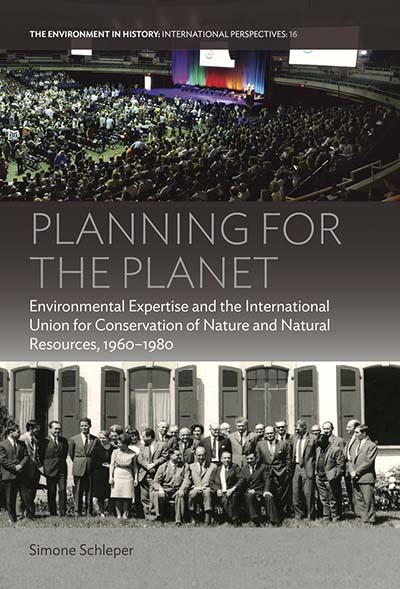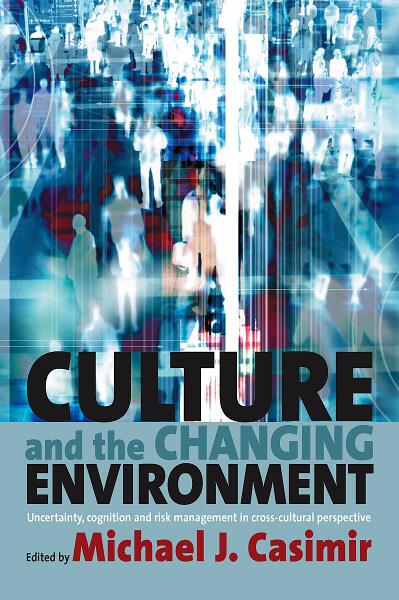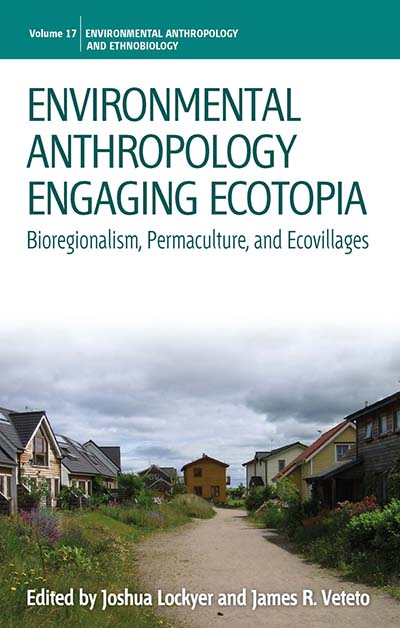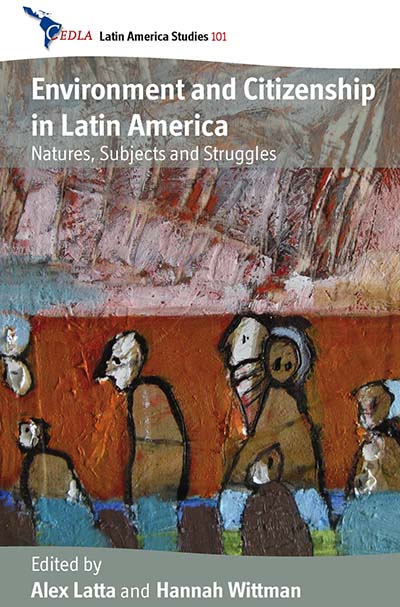
Series
Volume 16
Environment in History: International Perspectives
Email Newsletters
Sign up for our email newsletters to get customized updates on new Berghahn publications.
Planning for the Planet
Environmental Expertise and the International Union for Conservation of Nature and Natural Resources, 1960–1980
Simone Schleper
294 pages, 16 illus., 1 table, bibliog., index
ISBN 978-1-78920-298-4 $135.00/£104.00 / Hb / Published (July 2019)
ISBN 978-1-83695-065-3 $29.95/£23.95 / Pb / Published (June 2025)
eISBN 978-1-83695-203-9 eBook
Reviews
“Schleper provides a complex and detailed historical analysis of the leadership styles, sociopolitical views, and scientific debates associated with conservation organizations and activities during the beginnings of the “environmental age” (1960–80).” • Choice
“Altogether, Planning for the Planet is a thorough, satisfying book. It provides necessary insights into the difficult choices environmental policy requires. It leaves one feeling conflicted but not exactly disheartened about the future of planetary ecosystem health… Schleper’s is a clear-eyed, valuable critique that outlines past lessons and, in doing so, with luck, points to effective strategies for protection moving forward.” • Ecocene
“Planning for the Planet is a substantial achievement and provides an indispensable point of reference for researchers who want to address this and other issues of international environmental policy making. By following the work of the IUCN (International Union for Conservation of Nature and Natural Resources) through its formative period, Schleper provides an important addition to both the history of environmental science and the history of global environmental governance.” • Isis Journal
“Planning for the Planet gives an excellent account of the intricate political relations and negotiations of organizations such as the International Union for Conservation of Nature and Natural Resources. I very much enjoyed reading this book.” • Sabine Hoehler, KTH Royal Institute of Technology
Description
During the 1960s and 1970s, rapidly growing environmental awareness and concern created unprecedented demand for ecological expertise and novel challenges for ecological advocacy groups such as the International Union for Conservation of Nature and Natural Resources (IUCN). This book reveals how, despite their vast scientific knowledge and their attempts to incorporate socially relevant themes, IUCN experts inevitably struggled to make global schemes for nature conservation a central concern for UNESCO, UNEP and other intergovernmental organizations.
Simone Schleper works at Maastricht University, where she also obtained her doctorate. She held a postdoctoral fellowship at the Leibniz Institute of European History in Mainz in 2018 and a visiting research fellowship at the Department of the History of Science at Harvard University in 2014.
Subject: Environmental Studies (General)History: 20th Century to PresentSustainable Development Goals
Contents
Download ToC (PDF)




